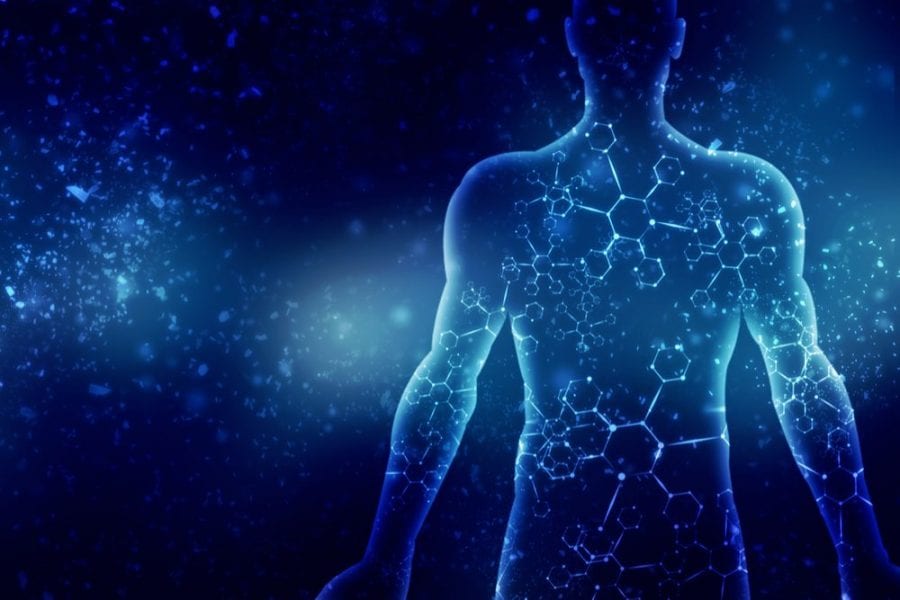After a comprehensive systematic review of 83 studies, a team of researchers at the National Drug and Alcohol Research Centre (NDARC) could not find considerable evidence that medicinal cannabinoids reduce the severity of mental disorders. The results were published in The Lancet Psychiatry.
The findings were reached by examining particular databases between 1980 and 2018, which included MEDLINE, PsycINFO, Embase, the Cochrane Database of Systematic Reviews, and the Cochrane Central Register of Controlled Clinical Trials. In total, researchers went through the data of an estimated 3,000 people.
From those databases, the aim was to establish, among adult participants, if medicinal cannabinoids provide any potential therapeutic effect for symptoms of the following six mental disorders: depression, anxiety, post-traumatic stress disorder (PTSD), psychosis, Tourette syndrome, and attention-deficit hyperactivity disorder (ADHD).
“We analysed the available evidence to ascertain the effectiveness and safety of all types of medicinal cannabinoids in treating symptoms of various mental disorders,” writes Emily Stockings, co-author of the study.
“83 eligible studies (40 randomised controlled trials) were included: 42 for depression (23 randomised controlled trials), 31 for anxiety (17 randomised controlled trials), eight for Tourette syndrome (two randomised controlled trials), three for ADHD (one randomised controlled trial), 12 for post-traumatic stress disorder (one randomised controlled trial), and 11 for psychosis (six randomised controlled trials),” Stockings explained.
“The safety of medicinal cannabinoids for these mental disorders was also examined.”
According to the findings, the benefits of medicinal cannabis for the mental disorders examined in the study were drastically low, concluding with insufficient evidence for effective treatment.
“There is scarce evidence to suggest that cannabinoids improve depressive disorders and symptoms, anxiety disorders, attention-deficit hyperactivity disorder, Tourette syndrome, post-traumatic stress disorder, or psychosis,” Stockings stated. “There remains insufficient evidence to provide guidance on the use of cannabinoids for treating mental disorders within a regulatory framework.”
“Further high-quality studies directly examining the effect of cannabinoids on treating mental disorders are needed.”
The study was funded by the National Institutes of Health, Commonwealth Department of Health, Australia, the Australian National Health and Medical Research Council, and Therapeutic Goods Administration.


